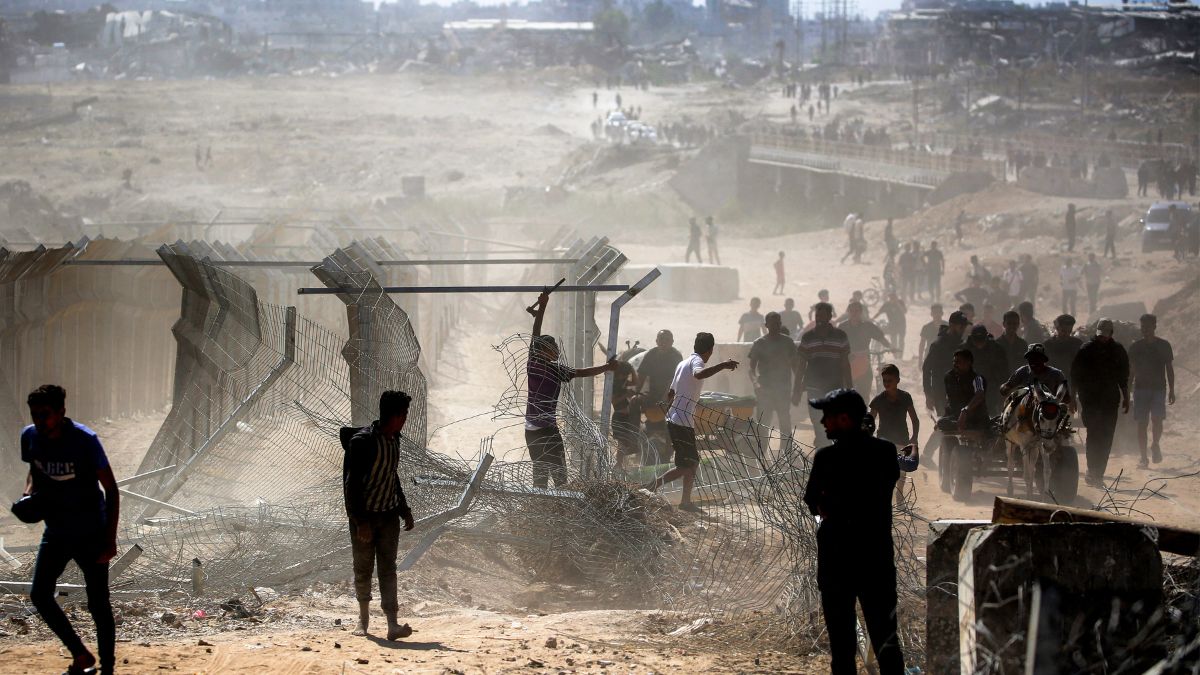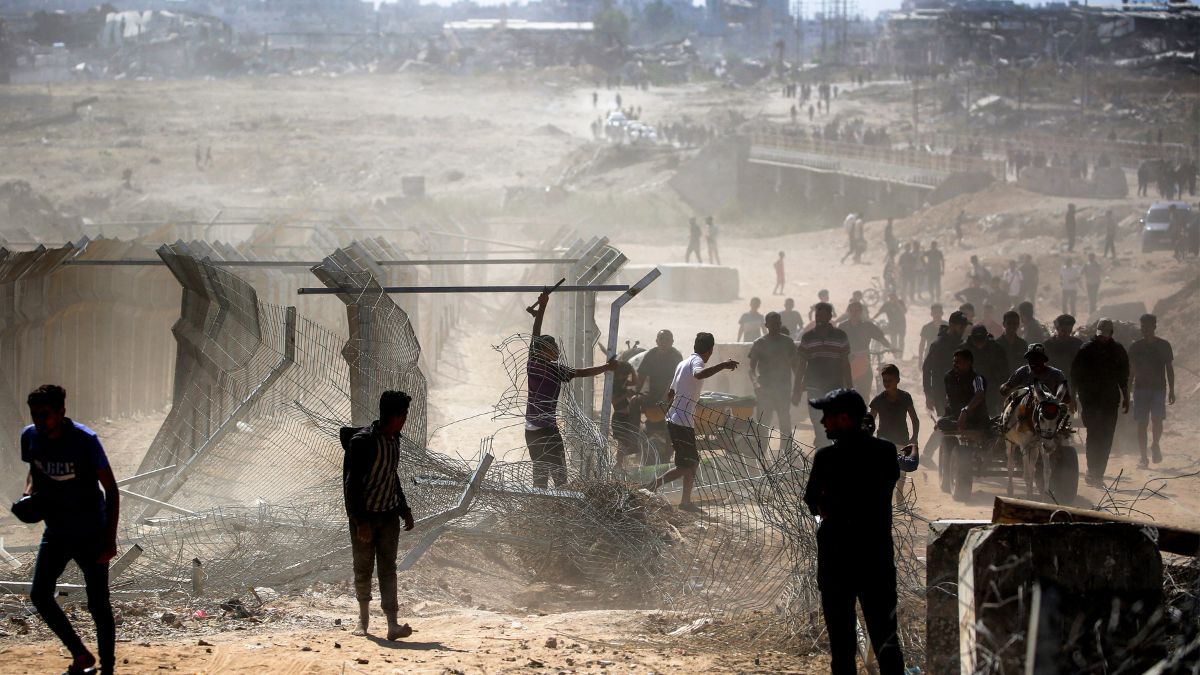As Karva Chauth is observed today, expectant mothers contemplating the rigorous day-long fast are being counselled to exercise prudence, with medical experts highliting that maternal and fetal well-being must supersede ritualistic observance.
Dr Juhee Jain, Director of Obstetrics and Gynecology at Madhukar Rainbow Children’s Hospital, said fasting can be a sign of devotion but may place significant strain on a pregnant body.
“Staying hydrated and maintaining proper nutrition are crucial during pregnancy,” she noted. “Women should carefully monitor their health and watch for warning signs such as dizziness, fainting, severe headaches, blurred vision, nausea, vomiting or stomach pain. Any sudden drop in energy, rapid heartbeat or confusion may indicate that the body’s glucose or electrolyte balance is off.”
Dr Jain further stressed that changes in fetal movement, cramping, spotting, or swelling in the hands, feet, or face should not be ignored. “If any of these symptoms appear, it is essential to break the fast immediately and seek medical attention. Each pregnancy is unique, so consulting a doctor beforehand is vital to ensure the safety of both mother and child,” she added.
Dr Keerti Khetan, Director of Obstetrics and Gynaecology at CK Birla Hospital, Delhi, highlighted the nutritional implications of fasting during pregnancy. “A healthy diet supports fetal growth and development and helps reduce pregnancy complications,” she said.
“Expecting mothers should ideally consume small, frequent meals rather than fast for extended periods. Long or complete fasts, like those observed during Karva Chauth where women abstain from both food and water from sunrise to moonrise, carry risks including dehydration, low blood sugar, fatigue, and reduced nutrient intake, particularly in warm weather.”
Dr Khetan also outlined additional risks, including nutrient deficiencies, reduced fetal growth, and in severe cases, preterm labour. She advised that women with gestational diabetes, anaemia, underweight status, high-risk pregnancies, a history of miscarriage, or severe morning sickness should avoid fasting altogether.
Impact Shorts
More ShortsFor those approved to fast by their doctors, she recommended consuming nutrient-rich meals during non-fasting hours, including proteins, complex carbohydrates, fruits, and vegetables, while avoiding fried or sugary foods. Adequate rest and careful monitoring of baby movements are also essential.
“Fasting during pregnancy is ultimately a personal and cultural choice,” Dr Khetan said. “However, it should never come at the cost of maternal or fetal health. There are alternative ways to participate in Karva Chauth rituals, such as prayers and rituals, while ensuring hydration and nutrition are maintained.”


)

)
)
)
)
)
)
)
)



